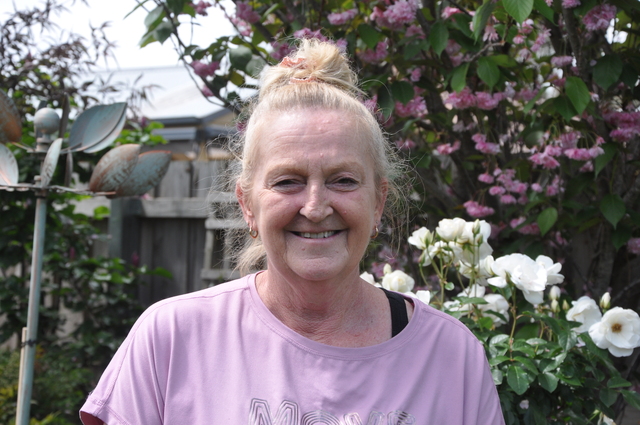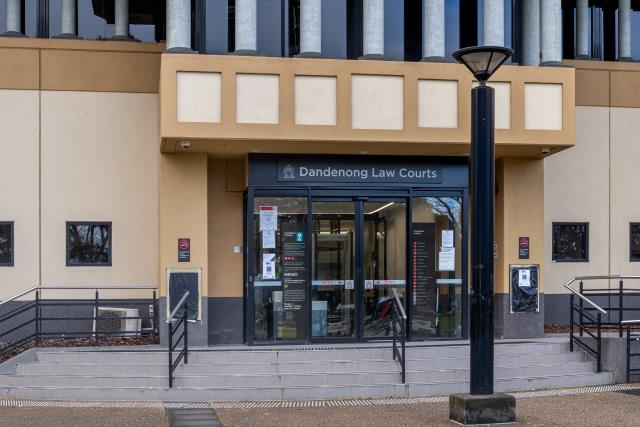Dementia Australia has called for a greater emphasis on early preventative measures, as new statistics reveal that dementia remains one of the highest causes of death in the country, with Victoria second on the list for the highest rates.
The latest data from the Australian Bureau of Statistics (ABS) showed that in 2023, dementia accounted for 9.1 per cent of all deaths in the country, which closely follows ischaemic heart disease at 9.2 per cent.
It also remains the leading cause of death for Australian women, representing 12.2 per cent of all female deaths and 6.4 per cent of male deaths.
Margaret Nummey, a caregiver from Cranbourne by trade and by heart of over 25 years, said that more transparency and resources are needed to combat the terminal disease.
“The clients aren’t told what’s available to them unless they ask, and I also find that they’re embarrassed to ask because obviously they don’t want to admit that their loved one has dementia, that’s the first problem,” Nummey said.
Currently, Nummey cares for two elderly patients with dementia, where she adds that a greater level of care not just for the patients, but also for parties and bodies helping them is required.
“The second problem is that there’s not enough contact with the people at the office, there’s no rapport with them, they see their care managers maybe twice a year; maybe you’ll get the exceptional one, but then they leave – there’s no continuity.
“Most of the clients I’ve had, I’ve had with my current company, so we’re looking at nearly four years and watching the decline as a caregiver is one of the saddest things to ever see, you’ve become part of their family.”
Nummey was a caregiver before she was officially a ‘caregiver’ – having looked after her mum for over 12 years who also suffered from dementia, an experience that she believes makes her the person with a passion like no other for the role she has today.
Being a caregiver gives Nummey a sense of fulfilment, where her love for the job has her treating patients “like they are my parents, and how they should be treated”, making her sense of duty to those in need, especially when “more could be done”, ironclad.
As of 2023, Victoria recorded 3658 deaths related to dementia including Alzheimer’s disease; throughout Australia, the country recorded 16,685 deaths related to the disease.
Dementia Australia ceo professor Tanya Buchanan said that given there is no cure for dementia, as well as the poor community understanding of the terminal nature of the disease, the ABS data reinforces the urgent need for a public health approach that looks to reduce or prevent the risks of developing dementia.
“This call is backed by the 2024 update of the Lancet Commission on the prevention, treatment, and care of dementia, which reports that almost half of the dementia cases worldwide could be prevented or delayed,” the professor said.
According to Alzheimer’s Disease International, which cited the Lancet Commission in their research, 45 per cent of dementia cases could be delayed or reduced, which was up 5 per cent from their findings in 2020.
The study found that addressing most risk factors in midlife (between 18 and 65 years) had the greatest impact on delaying or preventing the onset of dementia later in life; as for the early life period (0 to 18 years), less education was found to have the greatest impact.
In addition, social isolation, air pollution and vision loss were found to have a more significant impact on risk in late life (65 years and over).
“There are currently an estimated 421,000 Australians living with dementia and without a significant intervention, this number is expected to increase to more than 812,000 by 2054,” Professor Buchanan said.
To Nummey, delivering this message of advocacy and exposure at all levels of the local community is essential for early prevention, whether it be through TV, social media platforms or local forums.
“The company that I work for and others can open this information up to other people, or even the government to have meetings where people can go ask questions and not feel like they’re being silly,” Nummey said.
Processes and specifications related to dementia, from medical consultation to aged care support and legal and financial planning “need to be simplified”.
“Everything needs to be simplified, it has to be put in an order, from A, B, C, D, so people in the aged care sector can understand where they’re at and what they’re doing,” she said.
“Some of these people [patients] don’t have any family and it’s really sad; but who else have they got? They need advocates, everything that is required for people with dementia has a cost.
“So who’s going to advocate for them? Is it really up to use caregivers? It puts us in a stressful position because we’re seeing how they are, their financials, we caregivers shouldn’t be doing that, but we do it because we like to help.”
A new system or body that oversees those with dementia or terminal illnesses is a must, with Nummey adding that simplification goes a long way, even for the general public to be made aware of what dementia is, how it affects people and what steps can be taken early on.
For Buchanan, taking a two-pronged approach to further early education and broader advocacy and exposure can be the essential steps needed to reduce the percentage and dementia’s rise to the nation’s leading cause of death.







